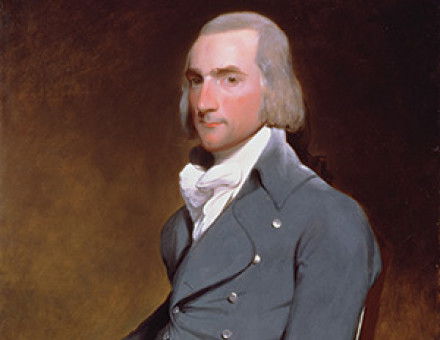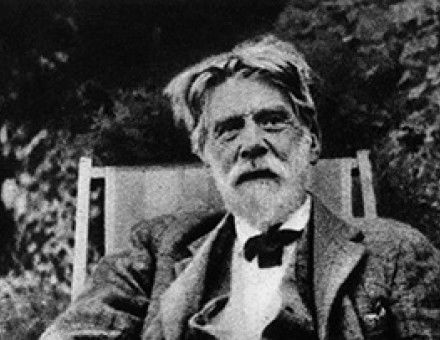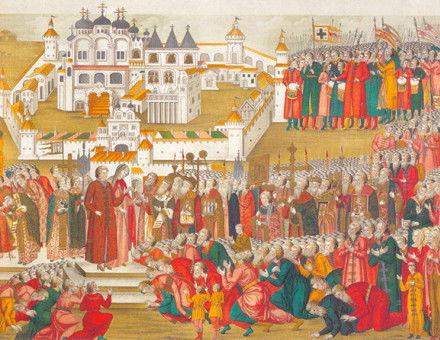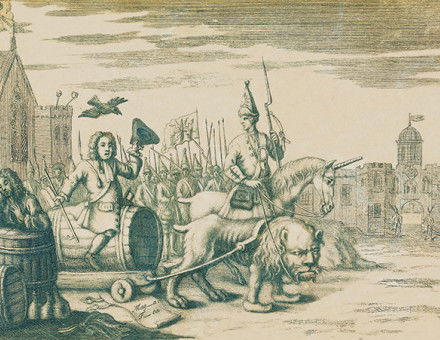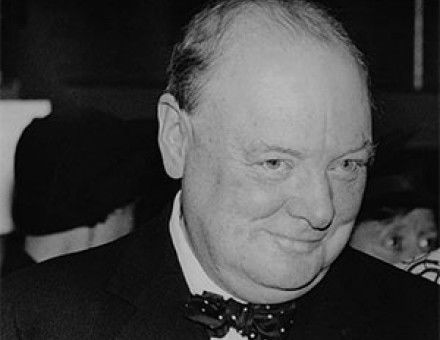Revolution in Russia
The impact of the Soviet Revolution in October 1917 has been so overwhelming that we seldom look back to the February days when the Tsar was compelled to abdicate forty-eight hours after the outbreak of disturbances, and even more seldom to the First Revolution of 1905. Yet, A.J. Halpern writes, October came as a culmination of the February crisis, and 1905 was the necessary prologue to the 1917 drama.



